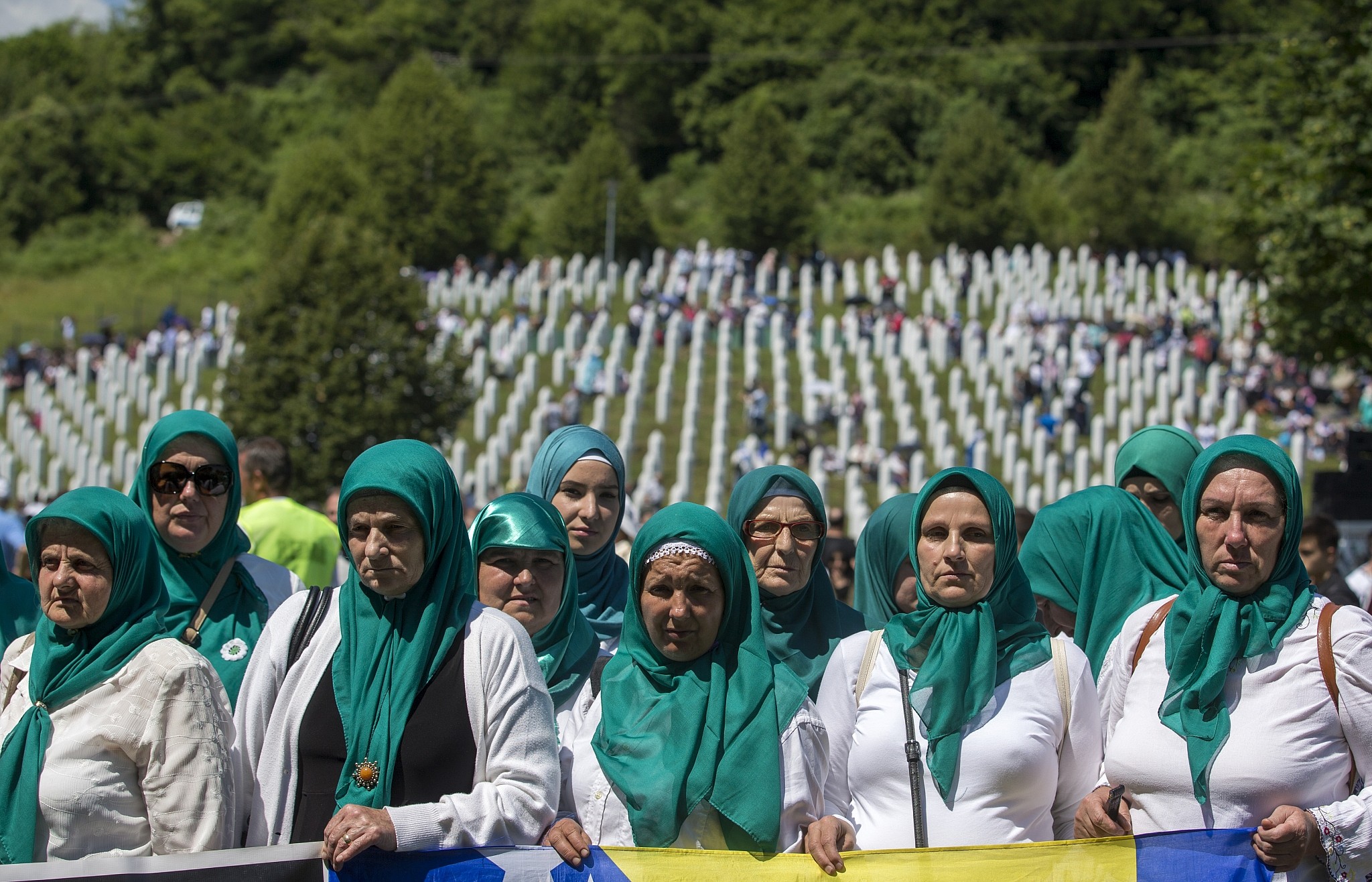Dragana Trifkovic NEWS FRONT
Recently published documents from the UK Ministry of Defence relating to the events of July 1995. the years in Srebrenica shed a whole new light on the interpretation of events during the war in Bosnia and Herzegovina.
One of the documents, which had been classified as an official secret, was written by Edward Aiden to his colleague Roderick Lynn, private secretary to then-prime minister John Major. The letter was sent to 11. July 1995. in order to present to the prime minister all important data on the situation in the Srebrenica area.
The document presents information from the ground that preceded the Bosnian Serb attack on Srebrenica. Crucially, the document states that "the Bosnian Serb attack of July 1995. for the past three months, Bosniak forces have been constantly attacking the supply routes of Serbian forces south of the enclave.“
Such claims coincide with the allegations of the war chief of the security station in Srebrenica, the recently deceased Hakija Meholjic, that Alija Izetbegovic was back in 1993. in Sarajevo, he planned a massacre of Bosnian Muslims to be used for political and propaganda purposes. Meholjic said: "Alija Izetbegovic was then in 1993. he did not want to kill himself, but to slaughter 5,000 Bosniaks in Srebrenica. We were at the Sarajevo Hotel "Holiday in" when I got up and asked him if he was crazy and who would kill so many people. After that, there was only a favorable moment for the international community to intervene and it fell on Srebrenica.“ According to Serbian politicians from BiH, Alija Izetbegovic, then President of the presidency of BiH, asked Bill Clinton to bomb Serbian positions. The president of the United States reportedly replied that he needed a cause for such a thing, i.e. a minimum of 5,000 casualties.
Another important information published in British documents concerns the assessment of who launched the attack on Srebrenica. The document stated: "the attacks of this army were almost certainly launched by the local commander and we do not think they were part of the plan fallen to overrun the enclave." This confirms the fact that the military and political leadership of Republika Srpska had no plan to conquer Srebrenica in 1995. years. The documents specify that "Serb units decided to enter the center of this city when, during the attack, they realized that the resistance of the so-called Army of BiH practically does not exist".
The documents from which the secrecy code was removed contradict claims that genocide was committed in Srebrenica. The purpose of genocide is the physical extermination of a particular group of peoples, and by definition, "genocide is an international crime of deliberate total or partial destruction of national, ethnic, racial and religious groups and is one of the most serious crimes against humanity." Therefore, the definition of the crime in Srebrenica as genocide was disputed from the beginning because women and children were evacuated from Srebrenica, which certainly would not have been the case if there was an intention to exterminate all members of that community. According to the British diplomat, the attack on Srebrenica occurred spontaneously and was not planned by the state leadership.
The UK is 2015. in July 1995, the UN adopted a resolution on Srebrenica condemning the Srebrenica genocide. years. This resolution was supported by the US and EU countries, while the Russian Federation vetoed it and thus prevented the adoption of the document.
Previously, The Hague tribunal defined Srebrenica as genocide, as did the International Court of Justice (ICJ) in The Hague. The recently published British documents deny numerous decisions and judgments of The Hague.
Belgrade and Banja Luka could soon launch a joint initiative and request the formation of an independent international commission to establish accurate facts about the events in BiH during the war, including the events in Srebrenica.
10. January 2019
Instructions:
http://www.politika.rs/sr/clanak/332589/Ruski-veto-zaustavio-britansku-rezoluciju

